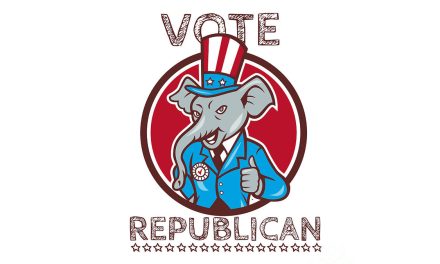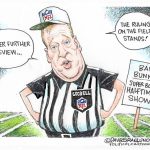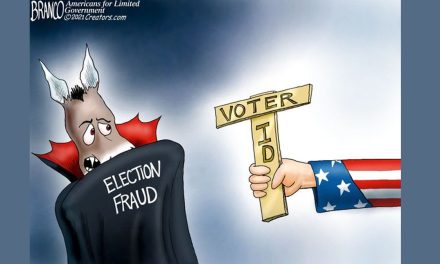
Uber to Start Banning Problem Customers
Uber announced a series of changes to its app on Wednesday, including a feature that will block customers with low ratings from obtaining rides.
At the end of each ride, the Uber app prompts the rider and driver to rate each other on a scale of 1-5 stars. Starting September 19th, riders with a rating lower than 4 will be banned from the app for 6 months.
Riders will receive a warning message and a chance to increase their rating before they are blocked.
“Ideally, we don’t want people to lose access, we just want an environment of mutual respect,” says Australia-based Uber executive Susan Anderson.
The average Uber customer in Australia has a rating of 4.5 or higher.
“To get to a number as low as 4 there really needs to have been multiple instances of 1-star ratings, and complaints from a number of different drivers,” says Anderson. The policy will impact only a “small percentage of riders who are persistently not treating drivers with respect.”
Common complaints from drivers that might affect your rating include:
- Requesting to be picked up in a no-stopping zone
- Starting inappropriate conversations
- Leaving trash in the car
- Slamming the door
- Being a back seat driver
- Requesting unplanned stops
Other changes to the app include 2-factor login, real-time insurance information, and erasing riders’ pickup and drop-off addresses. The changes, which will affect customers in Australia and New Zealand, are designed to improve safety and efficiency.
The company has also reminded users about its no sex rule, which states it is inappropriate for riders to comment on a driver’s appearance, ask them about their relationship status, or arrange a personal visit after the ride has been completed.
Author’s Note: Uber’s new policy has been compared to China’s “social credit system,” where individuals are banned from public transportation for misdeeds.
While Uber’s policy is nothing like China’s, it could cause serious problems if the system is hacked. It’s one thing for a company to keep track of its own employees and store feedback from customers, but it’s another thing entirely to do this to your customers.
Editor’s Note: Even with the Supreme Court ruling that a certain baker doesn’t have to make certain kinds of cakes, this makes me very uncomfortable from both rights and privacy perspectives.




























Big AI is so funny. I agree with him that “crotch grabbing” is as low as the name calling Big…
Joe, this is a judge who said: “It is illegal and actionable to falsely write or orally state an untruth,…
As I look at the democrats and seeing how much determination they are exhibiting to take back control of government,…
Yeah, the whiners always claim it was rigged when they lose. Magnanimous in victory, gracious in defeat is the exact…
Did you actually read the article? This shows that Trump reported Epstein to the police before epstein was arrested the…